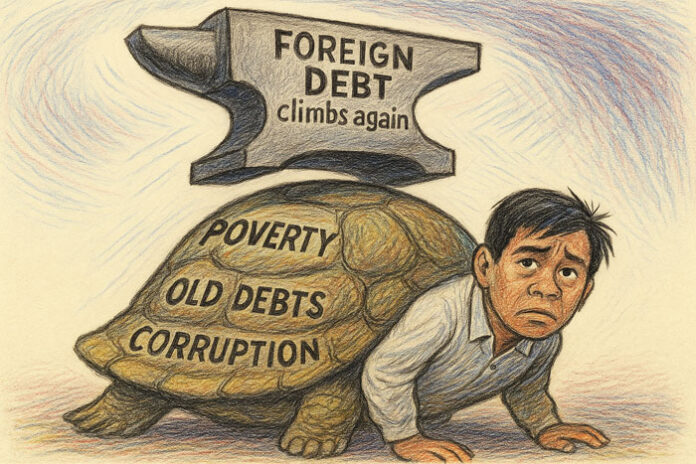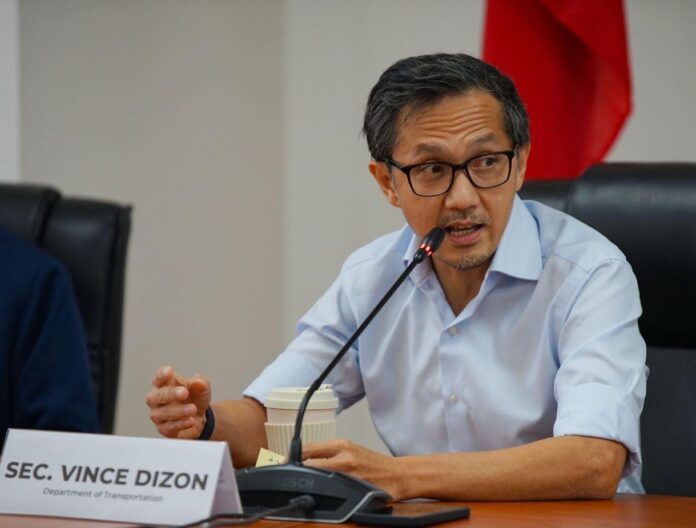A consumer group appealed to President Ferdinand Marcos Jr. yesterday to exercise his veto power on the Konektadong Pinoy Bill, citing serious national security and regulatory gaps that could compromise the country’s digital infrastructure.
CitizenWatch Philippines Lead Convenor Orlando Oxales underscored that the proposed measure lacks sufficient safeguards against potential data breaches and foreign interference, which are flaws that could undermine the country’s digital security and consumer protection framework.
“While the intention to expand internet access is commendable, we cannot support a bill that undermines public safety, weakens regulatory oversight, and exposes Filipinos to cybersecurity threats,” Oxales said.
The Konektadong Pinoy Bill, recently ratified by Congress and now under final review by Malacañang, removes the long-standing requirement for new telecommunications service providers (telco) to secure a congressional franchise or Certificate of Public Convenience and Necessity (CPCN).
It also downgrades the regulatory authority of the National Telecommunications Commission (NTC), allowing new entrants to register without proving financial, technical, or cybersecurity capability. There is also no obligation for new players to provide service in Geographically Isolated and Disadvantaged Areas (GIDA), which may be a means to encourage them to focus solely on profitable urban markets, disregarding vulnerability of internet users.
Oxales pointed out that allowing unvetted players, including potentially foreign-controlled entities, to operate critical infrastructure without meaningful oversight will surely lead to serious security vulnerabilities and even a national crisis situation.”
“Imagine a sudden breakdown of electronic payment systems we are now so dependent on. All business operations will be disrupted. The whole economy at all levels will be affected. All because one new internet provider was able to infect our whole financial sector with a digital time-bomb. A digital sabotage operation against our critical infrastructure will be catastrophic and may even be deadly. Are we prepared for such a scenario?” Oxales warned.
“The bill, in its current form, leaves the Philippines wide open to cyber exploitation and foreign manipulation, putting our digital infrastructure and public trust at serious risk,” he added.
CitizenWatch joins other stakeholders, including the Philippine Chamber of Telecommunications Operators (PCTO) and the Philippine Association of Private Telecommunications Companies (PAPTELCO), in sounding the alarm over the bill’s serious gaps. Among the chief concerns are the lack of mandatory cybersecurity readiness for new players and the exemption of certain technologies, like satellite services, from NTC authorization altogether.
“Let us not repeat the mistakes made in other deregulated sectors. We must learn from our experience with the Philippine offshore gaming operators (POGOs), where lax rules led to national security fallout that we still see in recent arrests of persons linked to Pogo operations committing various crimes,” Oxales explained.
“We are hopeful that the President will exercise his executive power to avert a potential security crisis. A veto would send a strong signal that while we pursue digital inclusion, it will not come at the cost of consumer safety and national security,” he added.
Oxales emphasized that the bill can be refiled and improved in the 20th Congress with stronger safeguards and a more balanced approach that ensure a beneficial outcome for all stakeholders.
“We ask the President: veto the bill and push for a better version—one that secures our digital future, protects consumers, and ensures a level playing field,” he said.








